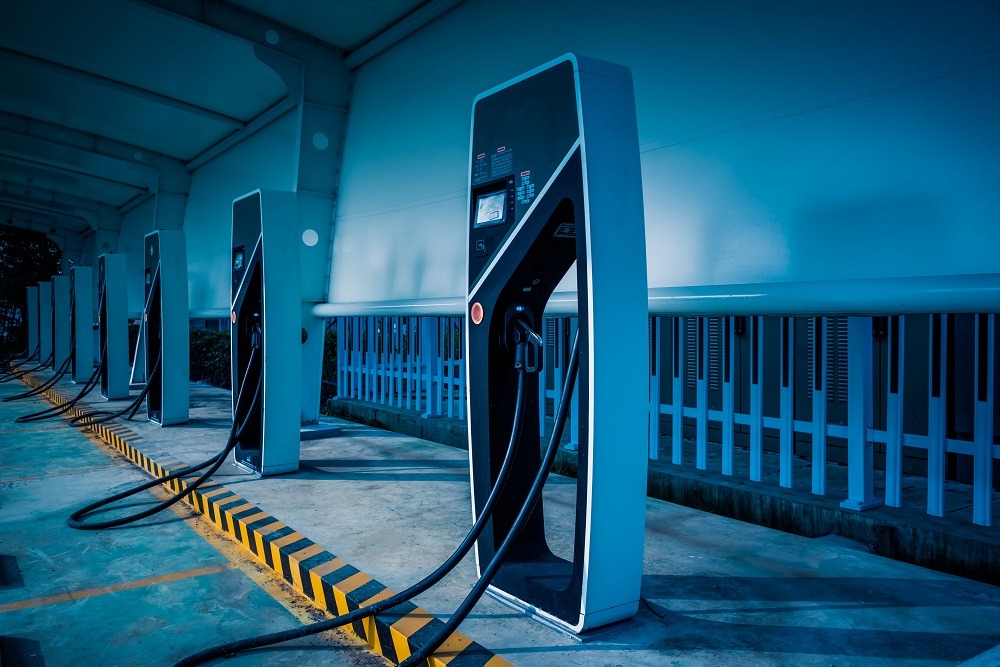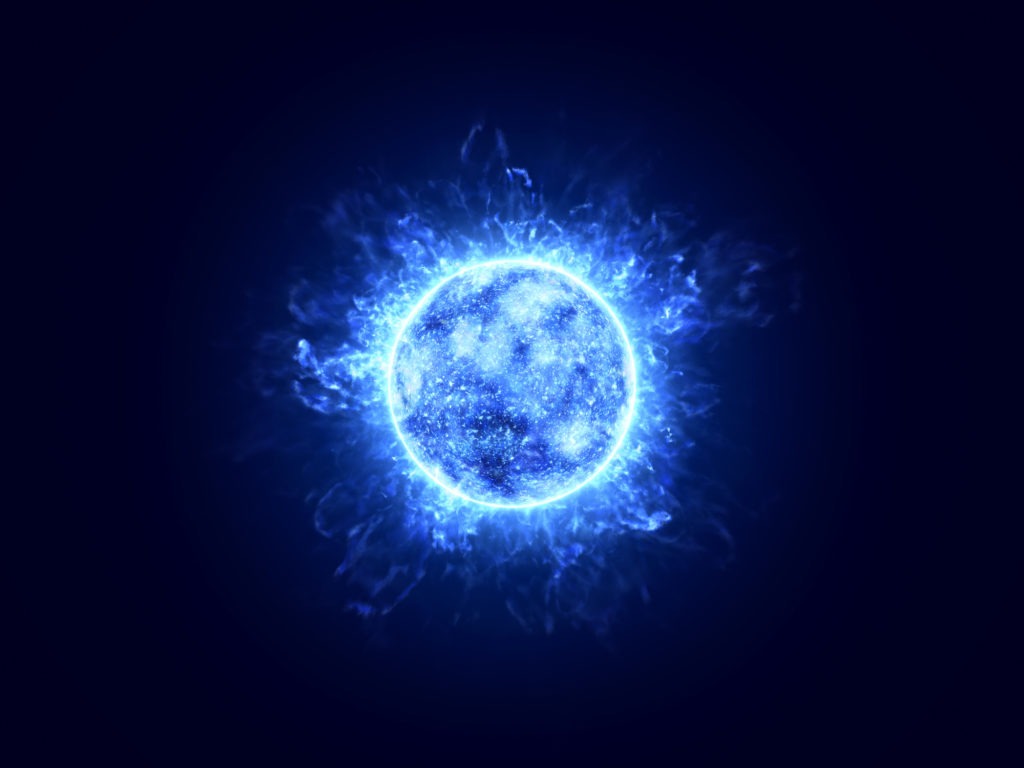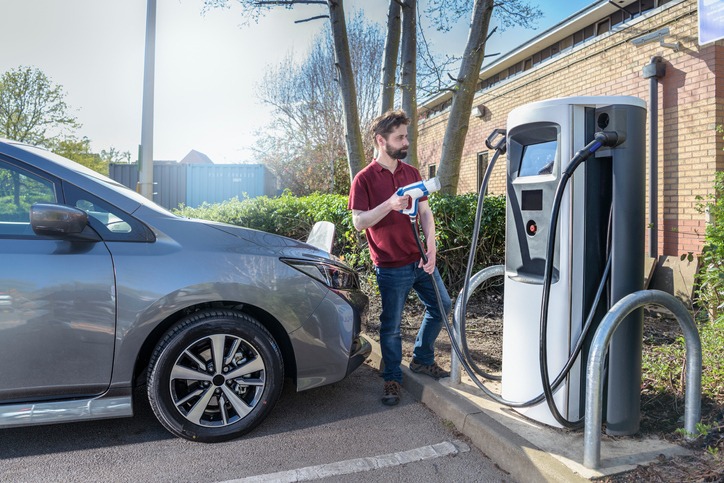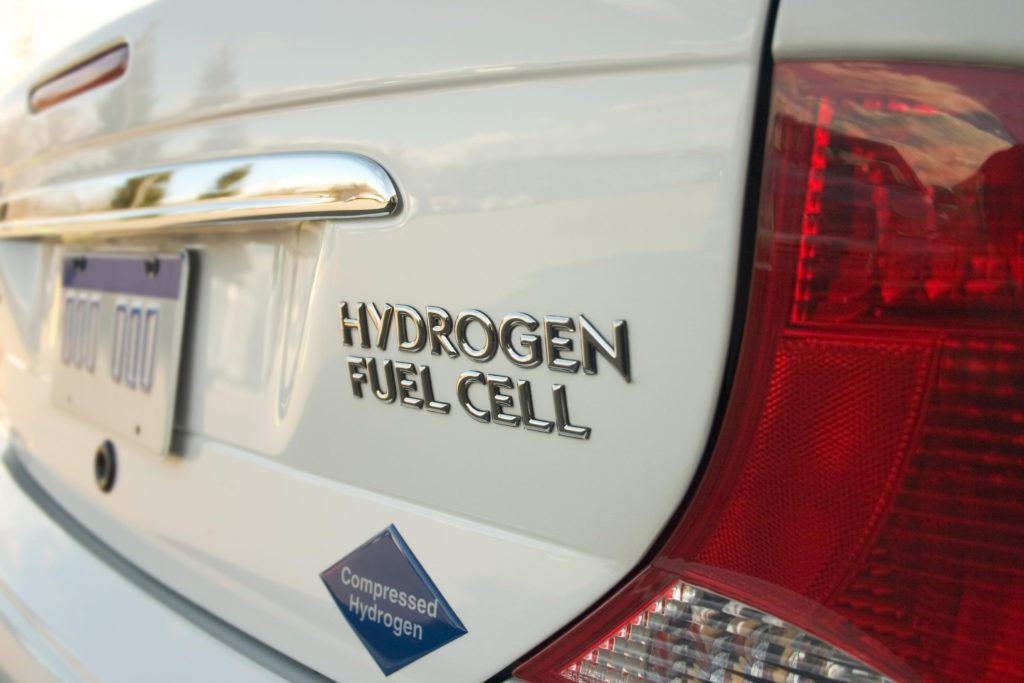Kia and Hyundai team up with Next Hydrogen for green hydrogen venture
21 July 2021

Kia and Hyundai have signed a memorandum of understanding (MoU) with Next Hydrogen Corporation to jointly develop green hydrogen production methods.
The Canadian hydrogen business specialises in water-electrolysis technology. Together, the carmakers and Next Hydrogen will jointly develop an alkaline water-electrolysis system and its related stack to generate green hydrogen economically. The MoU also includes an agreement to explore new business opportunities and technological applications.
Hyundai is one of the early adopters of hydrogen propulsion in the passenger-car market. Its fuel-cell vehicle (FCEV), the iX35 Fuel Cell, went on sale in 2016, while its NEXO hydrogen range is also available.
Production methods
However, one drawback to early hydrogen production was its use of fossil fuels and its high carbon emissions output. This ‘grey hydrogen’ would increase, rather than lower, the overall carbon-footprint of a vehicle. While blue hydrogen, which captures carbon emissions during production and utilises them rather than releasing them, is another alternative. However, true sustainability of hydrogen fuel will only come with green hydrogen. This is where 100% renewable energy is used in its production, with no adverse pollution or climate impact.
Today, it is expensive to produce green hydrogen. For this reason, Kia, Hyundai and Next Hydrogen are looking to improve the price competitiveness of clean hydrogen in consideration of regional climate and environmental characteristics. The companies, which are expanding their base by examining the strengths and weaknesses of various water-electrolysis technologies, agreed to explore the possibility of alkaline systems.
Among the various methods of water electrolysis, the alkaline system is regarded as technologically one of the most rigorously tested and proven means, with a long track record of research and development. It also has the advantage of producing large-scale hydrogen using relatively inexpensive catalysts, keeping facility costs low.
Economic hydrogen
The new partnership aims to advance stack-related technologies at the core of the alkaline water-electrolysis system. By doing this, the companies hope to reduce the cost of building, maintaiing and operating the system. By enhancing the performance of these technologies in the electrolysis process, it will be possible to develop a new stack that can be used at high current density and produce green hydrogen economically.
The newly-developed stack will use Kia and Hyundai’s component technology related to electrodes, bipolar plates and current collectors, combined with Next Hydrogen’s design technology. Kia and Hyundai Motor will also oversee the test performance of the new stack. A pilot test is planned for 2022, and the companies will explore potential technological applications and commercial arrangements.
‘We are pleased to partner with Next Hydrogen specialising in state-of-the-art water-electrolysis technology. This partnership is another leap forward for our hydrogen business and will be our first step into the alkaline water-electrolysis market,’ said Jae-Hyuk Oh, vice president and head of energy business development group at Hyundai Motor Group. ‘We believe our technology will be an excellent match for Next Hydrogen’s technology, and this synergy will help achieve our goal to provide our customers with cost-effective green hydrogen.’
‘Next Hydrogen’s innovative water-electrolysis stack design technology is an ideal solution for enabling the economical production of green hydrogen,’ added Raveel Afzaal, president and CEO of Next Hydrogen. ‘We are extremely appreciative of the opportunity to work with Kia and Hyundai Motor, given their industry leadership as champions of this technology. This partnership is expected to accelerate efforts to address the incredible emerging opportunities in sustainable transportation globally.’
Hydrogen potential
The push to reduce carbon emissions from vehicles has favoured the more advanced electric-drivetrain technologies. But now, interest in hydrogen fuel cells is increasing. While Hyundai and Toyota have vehicles on the market, Honda has retained an interest, and both BMW and Jaguar are trialling vehicles on public roads. Renault has launched a commercial-vehicle division, Hyvia, to build and sell both fuel-cell vans and refuelling stations throughout Europe.
Hydrogen still has some way to go to be established as a viable alternative to electric propulsion. However, requirements for a hydrogen infrastructure were recently included in the European Commission’s Fit for 55 proposals. The benefits the technology offers include increased range and quicker refuelling times. With the right development of production, drivetrains and infrastructure, the automotive industry will likely continue on a two-fuel path in the future, as it has operated with for decades.


